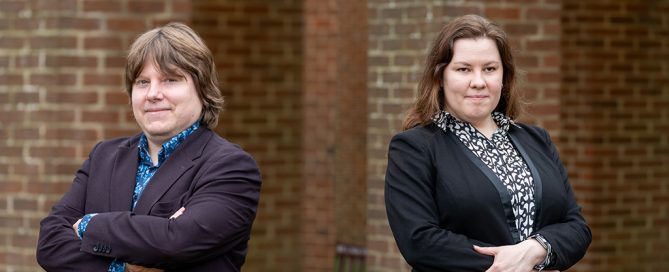Digital Holocaust Memory – Resources and Readings
Over the summer, the Landecker Digital Memory Lab team members are busy taking well-deserved breaks. Whilst our blog goes on hiatus, here are some suggested reads from our back catalogue which might help inspire or inform your autumn teaching, research and practice. The remit of the Landecker Digital Memory Lab is broad – we conceptualise ‘the digital’ as socio-technical and thus connective, and as an entanglement of human and computational actancies. But what does this mean in practice? Firstly, it means our research covers a range of different digital media, this includes computer games. Last year we hosted an international junior research associate, Austin Xie, from the University of Chicago who thought through the challenges of navigating Holocaust memory in computer games shared in two blogs on our site, part I and part II. We also launched recommendations for using VR, XR and computer games. We captured more on these topics in our blog archive, check out pieces on Playing Memories, Reading Call of Duty, and student ideas for Holocaust computer games. The first series of our new Digital Memory Dialogues also focuses on this topic asking to what extent can the Holocaust be made playable in computer games? This [...]

